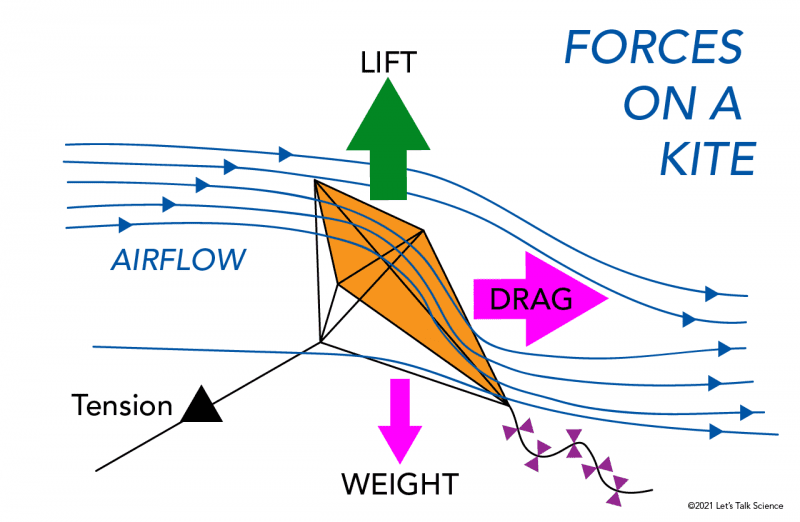Your cart is currently empty!
As After PTSD: Understand and Differentiate with Depression
By Christella LUMAMBA, Mentee Writers Hub/GBV & Youth Rights Awareness
Depression is a silent crisis affecting countless youths in refugee settlements. As these young individuals navigate the complex challenges of displacement, they often grapple with emotional wounds from their past and an uncertain future. In this article, we explore how to differentiate depression in school and refugee settlement environments, the causes of depression among refugee youths, and strategies to address this pervasive issue.
Recognizing Depression in Refugee Youths

Identifying depression among youths in refugee settings requires a keen understanding of behavioral and emotional changes. In schools, teachers may observe the following:
- Behavioral Changes: Declining academic performance, withdrawal from peers, and a loss of interest in school activities. For instance, a student who once excelled academically may begin skipping classes or showing a lack of interest in their favorite subjects.
- Emotional Symptoms: Persistent sadness, irritability, or frequent tearfulness. For example, a young refugee who often cries without apparent reason may be experiencing deep emotional turmoil.
- Physical Complaints: Unexplained fatigue, headaches, or stomachaches. A case in point could be a teenager repeatedly visiting the school nurse with vague complaints that have no medical diagnosis.
- Cognitive Difficulties: Trouble concentrating, forgetfulness, or indecisiveness. Teachers might notice a student who struggles to complete assignments or appears confused during lessons.
In refugee settlements, depression may manifest differently. Youths might isolate themselves from community events, neglect personal hygiene, or exhibit signs of despair and hopelessness. Adults working in these settings should watch for such signs and approach affected youths with sensitivity and care.
Distinguishing Depression from PTSD
While depression and PTSD can coexist, they have distinct features:
- Depression often presents as persistent sadness, a lack of interest in activities, and feelings of worthlessness.
- PTSD, on the other hand, is characterized by flashbacks, nightmares, hypervigilance, and avoidance of trauma-related triggers.
For example, a refugee youth with depression may isolate themselves from friends and show a lack of energy, while a youth with PTSD might actively avoid certain places or activities that remind them of past trauma, such as loud noises resembling gunfire.

Causes of Depression in Refugee Youths
The roots of depression in refugee youths are often complex, shaped by a combination of past traumas and present hardships. Key causes include:
1. Traumatic Experiences in Home Countries
War atrocities leave lasting scars. Refugee youths from countries like the Democratic Republic of Congo (DRC), Rwanda, Burundi, South Sudan, and Somalia often flee horrific violence, including the loss of loved ones, destruction of homes, and exposure to death and suffering. For example, a Congolese teenager who witnessed the destruction of their village might struggle with nightmares and overwhelming grief.
2. Challenges in Refugee Settlements
Life in refugee camps is fraught with difficulties. Overcrowding, limited access to education, inadequate healthcare, and food insecurity compound the stress of displacement. A South Sudanese youth in a settlement might feel constant anxiety about where their next meal will come from, exacerbating feelings of hopelessness.
3. Ongoing Insecurity and Displacement
Even after reaching a settlement, the fear of further displacement or discrimination persists. This lack of stability exacerbates mental health challenges, making it harder for youths to feel secure or hopeful. For instance, a Somali teenager might avoid forming friendships out of fear that they will have to move again.
4. Delinquency and Behavioral Problems
Depression sometimes manifests as delinquent behaviors. Refugee youths may resort to substance abuse, aggression, or criminal activities as coping mechanisms. These behaviors are often misunderstood as defiance rather than cries for help. For example, a Burundian youth caught stealing in a settlement might actually be struggling with unresolved trauma and feelings of abandonment.
Addressing Depression: Strategies and the Way Forward
Tackling depression among refugee youths requires a comprehensive, multi-faceted approach:
1. Accessible Mental Health Services
Refugee settlements and schools must provide professional counseling and psychological support. Training teachers and healthcare workers to recognize and address depression is essential.
2. Community Engagement
Engaging community leaders in mental health awareness campaigns helps reduce stigma. Youth support groups can provide a safe space for sharing experiences and building resilience.
3. Educational Support
Schools should implement inclusive programs that cater to refugee students’ unique needs. Encouraging academic success helps rebuild a sense of purpose and self-worth.
4. Addressing Basic Needs
Providing adequate food, shelter, and healthcare minimizes stressors that exacerbate depression. Stability in these areas creates a foundation for emotional healing.
5. Trauma-Informed Care
All support workers, from teachers to medical staff, should adopt trauma-informed practices. Understanding the impact of past trauma is crucial to supporting recovery.
6. Promoting Social Integration
Building connections within the community fosters a sense of belonging. Social activities, mentorship programs, and peer support can be powerful tools for combating isolation.
Conclusion
Depression in refugee youths is a profound yet often overlooked challenge. By recognizing its signs, understanding its causes, and implementing targeted interventions, we can help these young individuals navigate their struggles and build a brighter future. Refugee youths are not just survivors; with the right support, they can become resilient leaders and contributors to their communities.
Christella LUMAMBA, Mentee Writers Hub/GBV & Youth Rights Awareness


-
Youth and Finance Series #3: The Parable of Tamaa and Mnyenyekevu
-
Understanding Mental Health Conditions in Refugee Contexts (Part III): Case Studies I & II
-
Understanding Surface Tension
- Energy Essentials: Youth in a Power-Driven World/Manzi BIRAGUMA, Real-World Physics/Claude TUYISHIME
Turning Solid Waste into Gas for Home, Industrial, and Vehicle Fuel Use
-
Youth and Finance Series #2: Mastering the Art of Budgeting
-
Youth and Finance Series #1: The Saving Mindset
-
Understanding Mental Health Conditions in Refugee Context (Part II): Depression
-
Understanding Mental Health Conditions in Refugee Contexts (Part I): PTSD
-
Youth Mental Health Matters
-
Using Energy Sustainably in the Community

Powering Our Future: Exploring Energy Sources and the Journey to Sustainable Solutions

Mastering the Wind: How Air Resistance Shapes Our World
One response to “Understanding Mental Health Conditions in Refugee Context (Part II): Depression”
Yes, Lumumba, really youth are destroyed by stress which result into poverty due to taking too much alcohol 🍸, How can I live without stress and yet I need be in love ❤️?

Leave a Reply